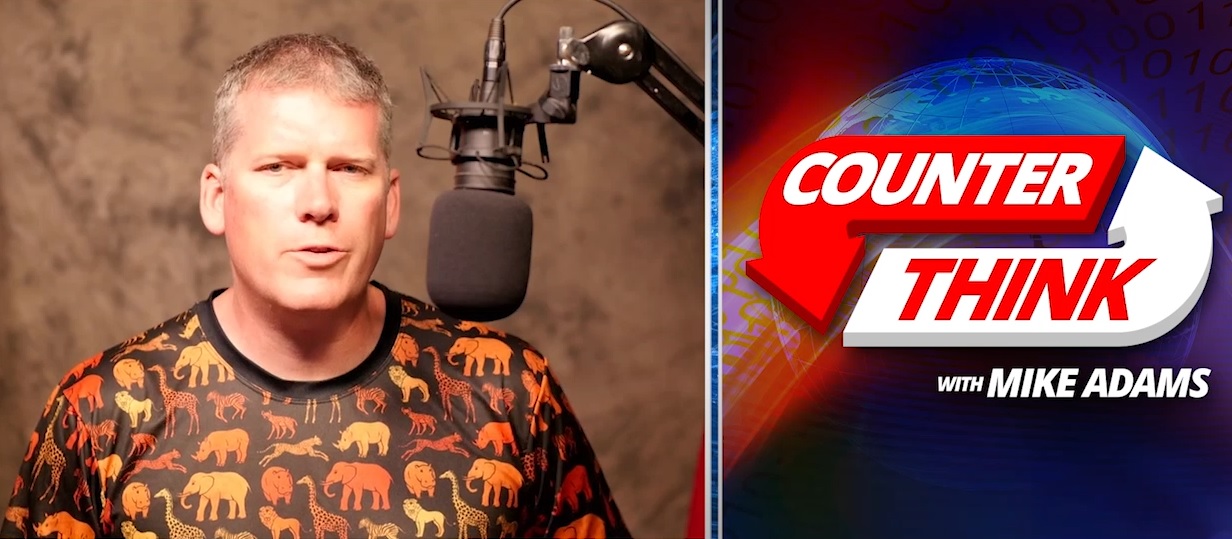“If you’re listening out there, if you have a back problem, stay away from surgery. I can say that from the bottom of my heart. Rehab, rehab, rehab,” Stephen Douglas Kerr, more popularly known as Steve Kerr, told the press last April. The Golden State Warriors coach issued this statement when he revealed that he would be missing his team’s playoff games that week. The reason behind his absence, as well as his statement to the press, was clear almost immediately: the lingering, painful side effects of spinal surgery.
Kerr’s problems began when he underwent surgery to repair a ruptured disc. Though instead of fixing his problem, the surgery caused cerebrospinal fluid (CFS) to leak out and compromise his health. Kerr underwent a second surgery to repair the damage caused by the first one. The first operation occurred in July 2015, and the second in September of that same year. No more than two years later, the iconic basketball coach is still battling severe headaches and nausea—the same pains that caused him to miss out on his team’s first 43 games from the last season.
Things have not gotten better since then. Kerr has tried everything from conventional medicine to yoga to marijuana to exercise to sheer willpower, but so far nothing has worked. Kerr continues to grapple with the pain as best as his famously competitive spirit will allow. “I’m not going to go into details on the symptoms. It’s just discomfort and pain and it’s no fun,” Kerr has said of his condition. (Related: Warriors basketball coach sees a future where medicinal marijuana is allowed in sports leagues)
Golden State Warriors general manager Bob Myers has spoken up about the struggles Kerr faces until now. Though Myers has acknowledged that Kerr is still struggling through the pain, he has become more optimistic about his friend’s health, telling MercuryNews.com that: “I think he’s going to recover fully. I just don’t know when, nor does he, nor do I think that the doctors want to put a timeline on it right now.”
On back surgery, Kerr said this to close off his previous statement: “Don’t let anyone get in there.”
For now, all Kerr can do is hope that an answer to his problems will be coming soon, a sentiment that Myers shares and has spoken about.
“I don’t know what I’m doing, guys. There’s no plan for this. Think about our coach not being there. I just do whatever,” Myers said. “You listen, you care, you support… I just hope he’s back at some point soon. It’d be great.”
Dr. Steven Shoshany, a New York-based chiropractor, spoke with the DailyMail.co.uk about a condition called “Failed Back Surgery Syndrome”, a term used to describe the condition of patients who’ve had unsuccessful back or spinal surgery, and who’ve continued to experience pain well after surgery.
“Surgery is permanent, they’re removing the lamina, the pillar of how weight is carried on the spine,” Dr. Shoshany explained. “So then pressure comes off the nerve that’s in pain, but later the segment above it gets injured. So if someone goes in to have their L5 disc removed, they’re back in a few years later and this time it’s the L4. If you get away between three and five years without any pain, that’s lucky. I always tell my patients because of the high cost, the side effects, and the long recovery, exhaust all other options before surgery. Chiropractic treatment should be the lead in dealing with lower back pain.”
Go to MindBodyScience.news for other stories about what can and can’t help the human body.
Sources include:
DailyMail.co.uk
WashingtonPost.com
MercuryNews.com 1
MercuryNews.com 2
Spine-Health.com





















